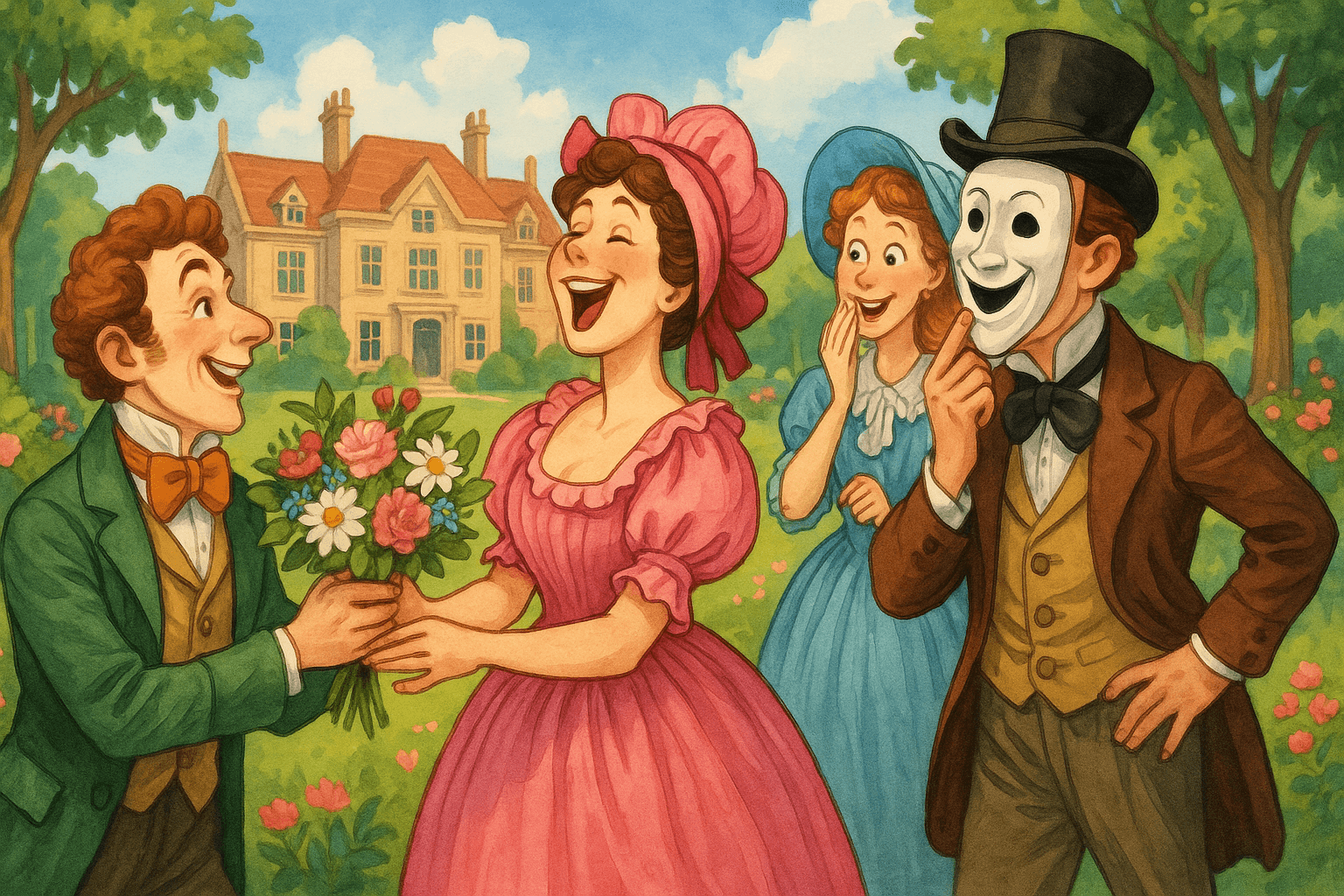The Many Faces of Identity: A Comedic Exploration in 'The Importance of Being Earnest'

When you dive into Oscar Wilde's 'The Importance of Being Earnest', you're in for a delightful ride through the comedic chaos of identity. At first glance, it might seem like a light-hearted romp through Victorian society, but dig a little deeper, and you'll find a rich tapestry woven from threads of deception, societal norms, and the quest for true selfhood.
From the very beginning, we meet Jack and Algernon—two charming rogues who indulge in the art of deception to escape the suffocating expectations of their social environment. Jack, living a double life as the earnest ‘Ernest’ in town and the more carefree ‘Jack’ in the country, perfectly encapsulates the theme of identity. This duality is not just a clever plot device; it reveals a fundamental truth about how people often feel compelled to wear masks. And let’s not forget Algernon’s imaginary friend, Bunbury, who serves as a hilarious excuse for avoiding social engagements. Their witty banter sets the stage for a comedic yet poignant examination of identity and what it means to truly be oneself amidst societal pressures.
As we move into the second act, the exploration of identity deepens. Set in the picturesque garden at the Manor House, the arrival of Cecily and her interactions with Algernon—who is masquerading as Jack's brother—add layers of complexity to our understanding of identity. Here, the lines between reality and fiction blur. Cecily believes she is already engaged to 'Ernest', despite never having met him, showcasing the absurdity of social expectations. The chaos that ensues when Gwendolen arrives, also claiming to be engaged to 'Ernest', serves as a comedic climax, but it also brings to light the fragility of identity. In this act, we see how our identities can be shaped by the perceptions of others, revealing the often ridiculous lengths we go to in order to fulfill societal roles.
By the third act, the absurdity reaches its peak as Gwendolen and Cecily confront Jack and Algernon about their false identities. This confrontation isn't just about the lies they've told; it’s about the very essence of who they are—or think they are. In a twist of fate, Jack discovers that he is, in fact, named Ernest, fulfilling Gwendolen's desire for him to have that name. This moment underscores the intertwining of love and identity, suggesting that perhaps our true selves are not just constructed from societal expectations, but also from the bonds we form with others. Lady Bracknell’s scrutiny of Cecily’s background adds another layer of complexity, reminding us that external validation often dictates our identities in society.
Ultimately, Wilde’s play leaves us with a humorous yet profound reflection on identity. As the characters navigate their tangled lives of deception, we are reminded that our identities are not fixed; they are fluid and can be shaped by those around us. The embrace of love amidst the chaos suggests that perhaps, despite the absurdities of identity, what truly matters is the connection we forge with others.
So, in a world where we often feel pressured to fit into predefined roles, Wilde encourages us to embrace the playful absurdity of identity. After all, the journey to discover who we really are can be as entertaining as it is enlightening. And who knows? Maybe the next time you find yourself playing a role, it’ll lead you to the most genuine version of yourself yet.
Books: The Importance of Being Earnest: A Trivial Comedy for Serious People
Authors: Oscar Wilde
Publishers: Public Domain